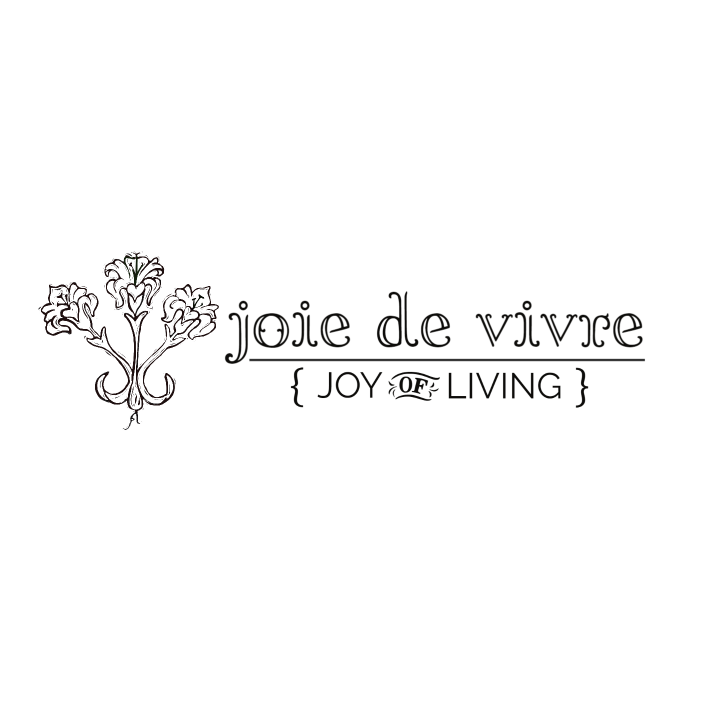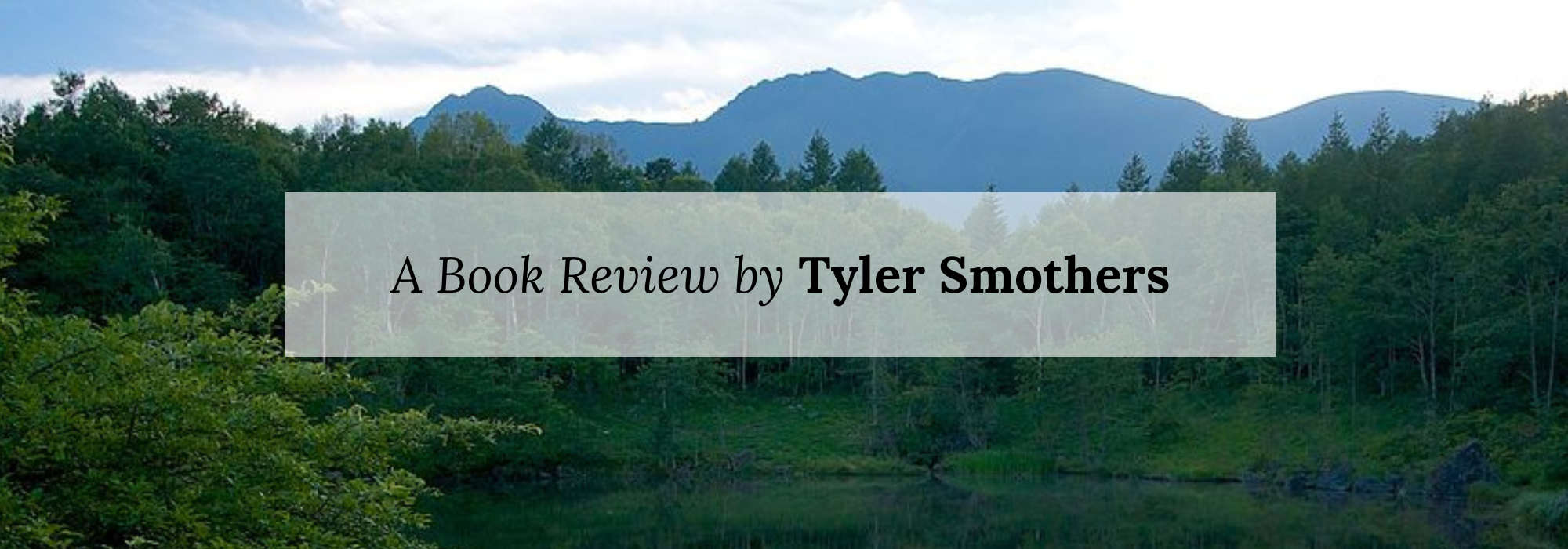Plumbing the In-Between Places: Ponds by J.C. Scharl
Koichi Oda, CC BY-SA 2.0 <https://creativecommons.org/licenses/by-sa/2.0>, via Wikimedia Commons
I remember a time when my university’s humanities college hosted the poet Diane Glancy and had her give two readings. It was a busy week toward the end of the spring semester, and I had a rehearsal that would start at the reading’s halfway point. This was, of course, after two back-to-back shifts at the university library and then the local Starbucks, so I would already be tired. Nonetheless, I went. I wanted to sit and bask in the light of a poet’s prowess of language, I wanted to rest in the embrace of beauty, I wanted to sit at the feet of God and not be pulled away.
J.C. Scharl’s debut collection, Ponds, in its forty-nine poems, gets at this sense of longing for something good to continue indefinitely. These poems come from the hand of an artist who not only mourns to see former beauties pass, but also abounds in joy at the beauties that grow in that absence.
In this enchanting work, the poet embarks on a journey to the in-between places, the painful, fleshy spaces between time and eternity, stability and change, grief and joy, Creator and Creation, motherhood and daughterhood. While these experiences are common, it’s not common to find someone who can walk that path with honesty and beauty and live to say what it’s like. Scharl writes that very thing in this highly commendable collection.
Because there are many in-between spaces one could explore in the pages of Ponds, we here consider only a few of them and leave the rest to the reader’s exploration. In her poems “Spring Evening,” “Act of Poetry,” and “To My Unborn Child,” Scharl leaves a picture of what it’s like to live between the immutable God of the cosmos and the ever-changing, ever-decaying earth we call home.
Sitting in that auditorium those years ago, I felt the presence of some unchangeable, ineffable good. So when I received a “where are you?!” text from my bandmates halfway through the poetry reading, I was struck with a kind of dread of my life, an ability to comprehend and respond to the delights of the created order, but an inability ever to stay there long. By what paradigm can I make sense of my life in this in-between? This chasm between stillness and change?
These lines from Scharl’s poem “Spring Evening,” read twice, aloud, give a sense of that chasm:
The unending ripples
On the pond
Become, by repetition,
A calm beyond stillness.
This, I think, may be
How the world ends:
In a moment
That simply stays,
Trembling in place
Like an apple blossom,
But forever.
The invitation here is to throw a stone into a pond and to watch as the pond, whose original stillness has been broken, is brought to an inexplicably moving calm of repetitive motion. That pond likely was not still for long, nor is it to be still again for some time, but let the ripples lull you, Scharl invites, into a somber joy at what change has brought.
A calm beyond stillness for the poet is picked up in another poem coming later in the collection. This time, Scharl takes up the classic poetic subjection of poetry itself, but she doesn’t bore the reader with an esoteric abstraction. Instead, she returns to the bank of the pond and puts a stone again in the reader’s hand.
The act of poetry is considered first by gazing upon a pond and wondering what it’s like. She writes, “a pond is like nothing / more than it is like that brimming O / between consonantal banks…” and that the act of poetry is best pictured in the following motion upon that pond.
She continues:
… and then a stone sits heavy on the tongue
in just the way it snugs in the hand,
and when the two meet,
there is nothing more like itself
than the hollow that opens briefly
in the water when the stone falls through…
The space left open by that “smack” is precisely the space filled by the poet. It is an in-between, from calm to rippling, from comfort to change. Scharl’s exploration continues in her poem “To My Unborn Child,” in which she reaches in wonder for the Divine’s wonder at stillness and ripples.
She explains to her unborn child that God was everything before the creation, and that “if he wanted to make some other thing, / first he’d have to vacate / some of what is, to make room,” and finishes the poem after the creation act with a picture reminiscent of St. Julian of Norwich’s Shewings:
I wish I knew, dear little one,
If the story is true, and if
Now he sits like this, hands cupped
Around the hollow at his center
That is filling up with something
That is not entirely him;
If he too feels it shift and kick,
And what it is he wonders then.
J.C. Scharl’s debut collection invites the reader to go and gaze upon the world in all its stillness and revolution, joy and grief, noise and silence, triumph and tragedy, death and birth.
Ponds serves as poetic guide into the in-between places filled with wonder. Scharl shows the way to the pond, puts a stone in the reader’s hand, and then watches it fly and smack the picturesque surface, rejoicing that God meets us there.
Ponds (Cascade Books: April, 2024) is a part of the Poiema Poetry Series.
Tyler Smothers teaches at The Academy of Classical Christian Studies and edits The Academy Archives.


